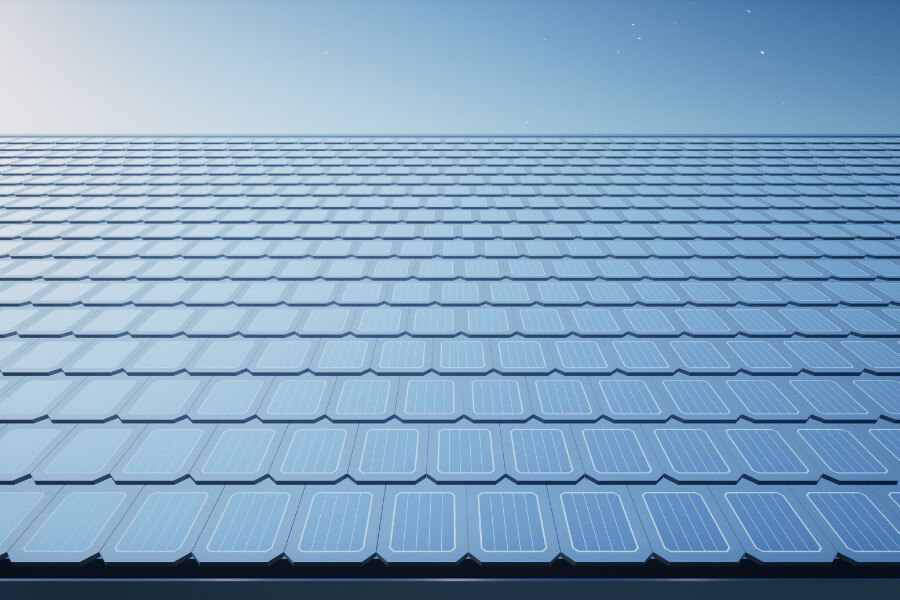
A home renewable energy storage system will store the energy from a sustainable power source, such as wind or solar power, in batteries for later use. These systems can be an indispensable way to ensure that your home runs on clean, cheap electricity almost all the time. Suppose you want to cut your utility bills and promote sustainability in your community while reducing electric grid demand at peak hours. In that case, it might be time to invest in a commercial or residential solar-battery hybrid system.
How Does a Home Battery Energy Storage System Work?
It stores excess power generated by a renewable energy source, usually a solar PV array. A home battery energy system with solar panels can store energy from peak hours of sunlight for your use later in the day. In addition, when your renewable generator produces more power than you need, it will store this excess power in its batteries and then feed that power back into your house in response to demand.
Why Choose Solar Panels and Residential Batteries?
Residential systems with solar panels connect to the grid and store excess solar energy generated during the day. With no moving parts, these systems are excellent modes of energy storage that are cheap to install, maintain, and upgrade. These systems also eliminate the need for backup power generators, which require fossil fuels.
Residential battery systems are also an excellent way to store excess electricity generated by solar panels, wind turbines, or a combination of both. Storing electrical energy in batteries allows you to use your solar array during peak production times while reducing grid demand. This means you can cut your utility bill and make your energy usage more green.
What are the Benefits of Residential Energy Storage Systems?
Residential solar power systems with batteries can provide several benefits for your home, including:
1. Strength in the face of the grid
Drawing power stored in a battery that has come from a renewable source such as solar panels reduces the strain on the power grid. This also means that your home will be less dependent on the power grid, so in the case of outages you will still have power. This kind of functionality can keep your lights on and your fridge running in the event of a grid outage or natural disaster.
2. Low cost of electricity
A home battery system will store energy during peak sunlight hours during the day and feed it back into your home when it gets dark, a time when you need it most. This means you’ll be able to use this energy at night or when there is unexpected cloud cover. This in turn lowers the overall cost of energy use for your home.
3. Increased power in your home
Installing a residential battery will add more energy to the electrical grid available to your home, thus making it use less power from the city-wide grid. A larger storage system will allow you to take less power from the grid and reduce your utility bills. All this without adding a single load to your home’s existing electrical systems.
Increased Tax Credit Now Includes Batteries as Well
The new solar tax Credit gives new solar installations an increased tax credit, and the really cool part is this now includes solar batteries as well – not just solar panels. Those who install a Solar system between 2022 and 2032 will receive a 30% tax credit for the cost of the solar installation as well as the battery if they decide to pair one with their installation. It has never been a better time to save money on a Solar!
Why Choose a Reputable Roofing and Solar Company?
By choosing a reputable roofing and solar company such as Divided Sky Roofing and Solar, you can have peace of mind that your home will have a renewable energy storage system that is efficient, cost-effective, and easy to maintain.
https://mydividedsky.com/how-do-home-residential-energy-storage-systems-work/

No comments:
Post a Comment